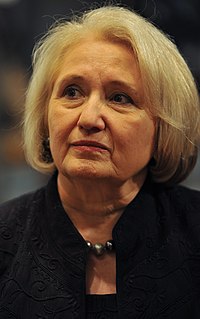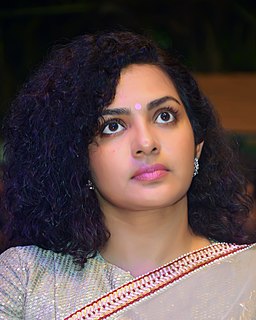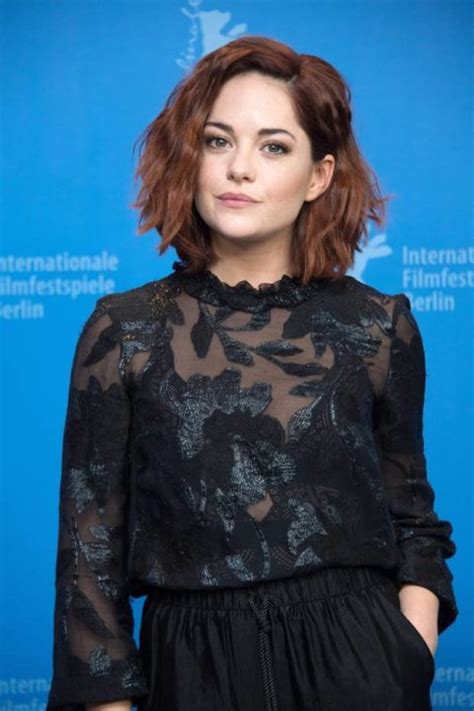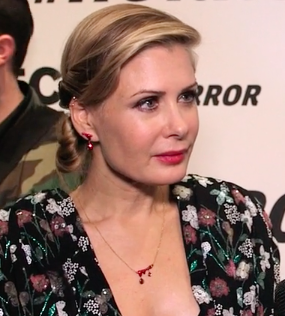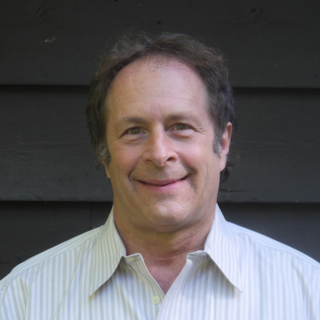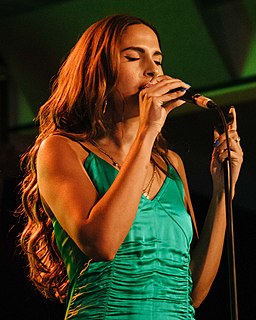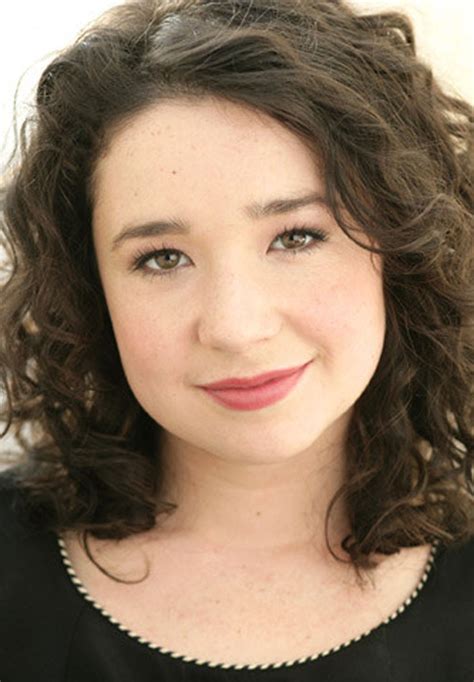A Quote by Janet Mock
I hope being honest about my experiences and contextualizing them empowers young women to step into their truths, tell their own stories, and live visibly.
Related Quotes
I think it's important to encourage young people to tell their own stories and to speak openly about their own experiences with the criminal justice system and the experiences of their family. We need to ensure that the classroom environment is a supportive one so that the shame and stigma can be dispelled.
The cultural integration of psychedelics won't happen overnight, and the question of young people is perhaps the most difficult involved. The first step is for people who have knowledge of these substances to share it, "coming out" about their own experiences. Drug education should be honest and present a balanced picture of risks and benefits.
We need more female directors, we also need men to step up and identify with female characters and stories about women. We don't want to create a ghetto where women have to do movies about women. To assume stories about women need to be told by a woman isn't necessarily true, just as stories about men don't need a male director.




